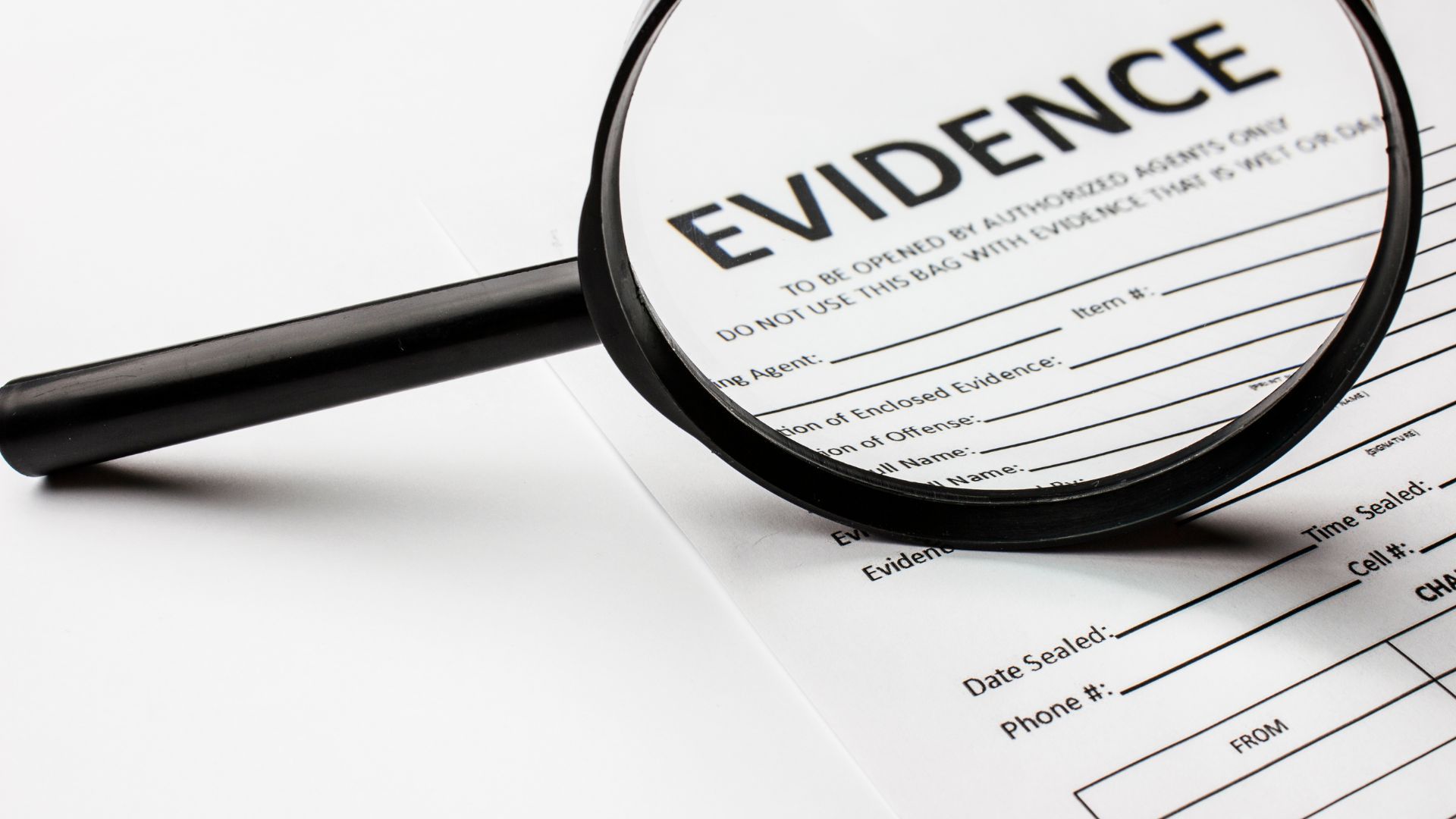Client Login
×Practice Areas
How to Start the Divorce Process
Although nobody expects their marriage to end prematurely, approximately half of all marriages in the United States end in divorce. As we mentioned in a previous post , divorce rates are expected to rise as the dust from the COVID-19 pandemic settles. If you’re among the many people considering divorce in Georgia, there are a few things you need to know about the process.
At Fairell Roy & Associates , we make your interests our own and will work tirelessly to ensure that you’re expertly represented during your divorce and supported through everything that comes after. Read on to learn more about the divorce process in Georgia, and contact our office if you’d like to speak with an experienced divorce attorney about your circumstances.
Consult With an Experienced Divorce Attorney
If you’ve made up your mind and are set on divorcing your spouse, the best thing you can do is consult with an experienced and reputable divorce attorney. Your divorce attorney should have experience not just with divorce, but also with related practice areas such as child custody and child support. They should have excellent testimonials and be able to demonstrate a track record of success with cases similar to yours.
This isn’t just important for the sake of a smooth divorce — it could make the difference between walking away with a fair distribution of property and assets or potentially receiving little to nothing.
Unlike some states which divide assets equally between both parties, Georgia focuses on equitable distribution. So, this means that your shared assets could be divided 60/40, 70/30, and so on. This makes it all the more important to find an experienced and highly qualified divorce attorney who can protect your interests as you proceed.
You’ll also need to consider the following things as you start the divorce process:
Grounds for Divorce
In the state of Georgia, you need to have a legally approved reason to divorce your spouse. Wilful abandonment, adultery, physical or mental abuse, drug addiction, mental incapacity, and irreconcilable differences are some of the most common grounds for divorce. Your divorce attorney will help you determine the most relevant grounds for your case.
Child Custody and Ongoing Support
The two main types of child custody in Georgia are physical and legal. The former refers to the parent the child will live with; the latter concerns who can make decisions on the child’s behalf.
In Georgia, the court will automatically assume that joint custody is in the child’s best interest.
Custody can quickly get complicated. If you and your spouse have joint physical custody, you will need to determine a timeframe in which the child will live in each home. If your ex is deemed to be unfit to have custody, you will have sole legal custody of your child and make all of the decisions pertaining to their care.
Child custody is one of the most important aspects of any divorce, and it’s something that shouldn’t be pursued on your own. Choosing the right divorce attorney could be the difference between establishing sole custody or having to make arrangements with your ex.
Finances and Property Division
While you may think that your earnings are your own, your paychecks and other financial assets are considered shared property once you enter into marriage.
Start by assessing your financial situation. Get familiar with shared bank accounts, monthly expenses, and be sure to make copies of these documents. This will make it easier for your divorce attorney to protect your financial interests during the divorce.
As far as property is concerned, Georgia is a state in which separate property — the property you owned before your marriage — will typically be returned to you. However, anything purchased during the marriage is subject to equitable distribution, as discussed above.
As you proceed through your divorce, it’s best to be honest about your assets. Never hide anything from your attorney or your spouse, as this can hurt your chances of receiving what you want and need. Instead, trust that your attorney will do everything they can to ensure that your property is divided in a fair manner that protects your interests.
Alimony
Financial stability is one of the top concerns among people who file for divorce. For instance, you might be a stay-at-home parent who hasn’t worked in several years. You don’t want to continue the marriage with your spouse, but you don’t want to find yourself financially ruined by the separation, either.
The court will consider aspects of your life such as your professional experience, the lifestyle you and your spouse have lived, and your partner’s income. Your attorney will work with you to determine whether your ex can afford to support you after the divorce and pursue alimony if they can.
File for Divorce In Your County
If your permanent residence is in Georgia, you will need to file in the county in which you and your spouse live. Expect to pay fees, fill out and notarize documents, and explain why you’re filing for divorce. While it may seem like a lot of legal hoops to jump through, your divorce attorney should provide you with support and guidance throughout the entire process.
Contact a Family Law Attorney in Atlanta
We hope that today’s post will be of assistance to you as you file for divorce and make a positive change in your life. For more information, read through our other blog posts relating to divorce in Georgia:
- 3 Reasons To Work With The Fairell Firm For Divorce
- Divorcing in 2019? Here’s What You Need To Know
- What To Expect During The Georgia Divorce Process
- What Does Child Custody Mean?
- Divorce Help: 6 Things To Do To Be Financially Prepared
- The Importance of Financial Proof for Your Georgia Divorce
- Can I Get Alimony? 3 Things You Should Know
At the time of writing this post, we are also answering questions live on our Facebook page several times each week. You can ask questions in our chat or send us a private message if you wish to remain anonymous.
At Fairell Roy & Associates, our mission is to ensure that you’re taken care of in your divorce. We invite you to reach out to us for a consultation to discuss your divorce. We are currently offering virtual consultations and are here to support you through this transitional stage of your life.
Recent Blog Posts
This website has been built to be accessible for all users. If you experience any difficulty in accessing this website, please contact us for assistance.










